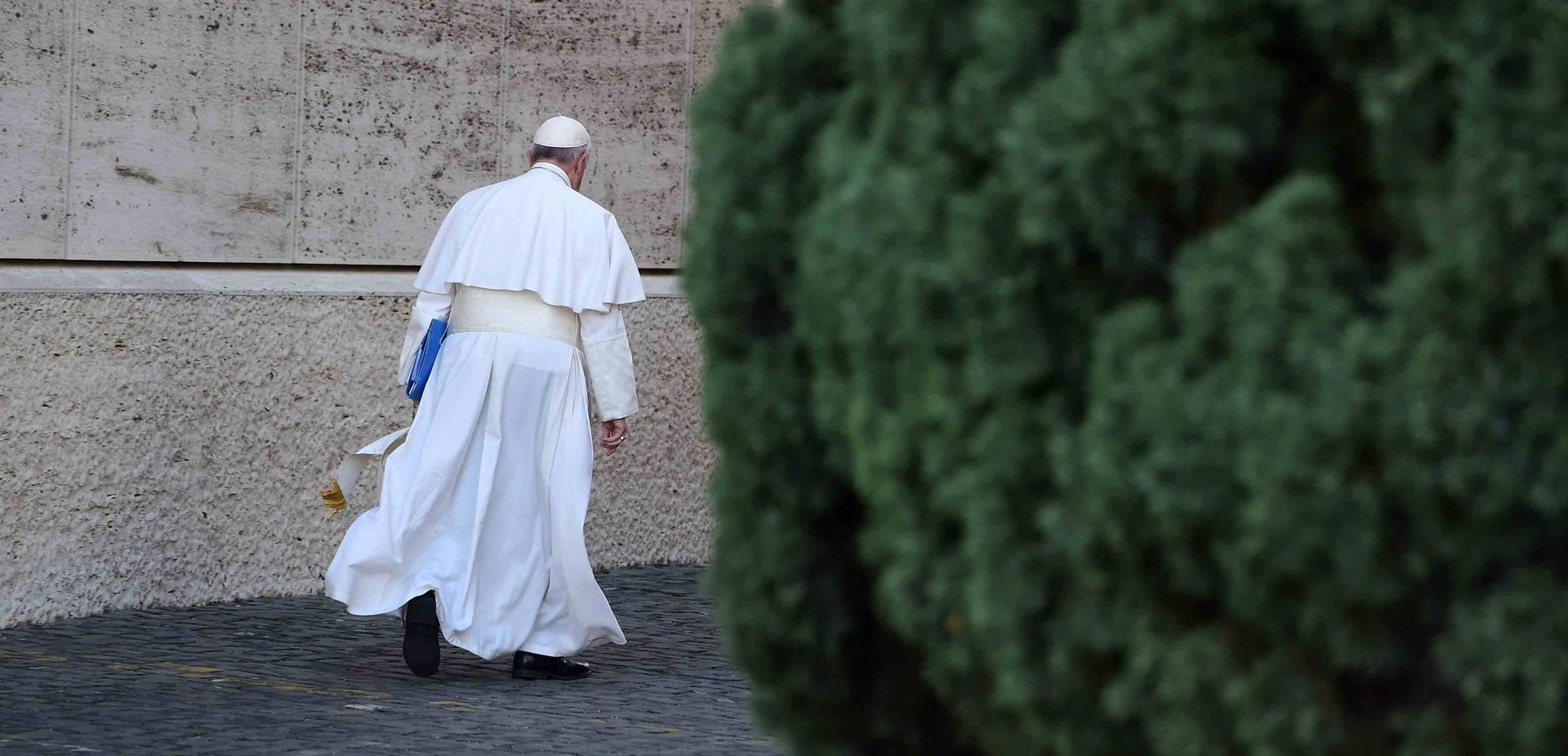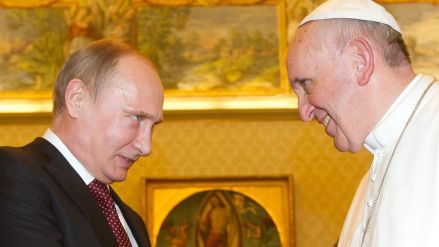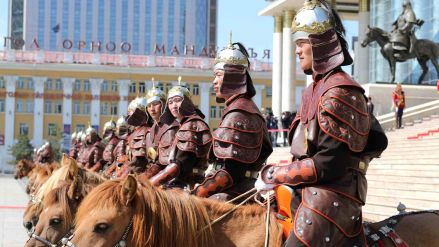The “German Synodal Way” was criticized in the Spanish media by Cardinal Marc Ouellet, until recently Prefect of the Vatican Dicastery for Bishops. He accused that its method consists in equating the opinions of lay people with the opinions of bishops in democratically made decisions, which, after all, does not correspond to Catholic teaching about the Church”.
– There is a fashion in various circles to listen to those who do not go to Church and are not associated with the Church, but for some reason would like to change the Church – we can add the opinion of Archbishop Gądecki.
The president of the US Episcopate, Bishop Timothy Broglio said in a statement for Die Tagespost, that the synodal process is too often used to air grievances or to push one’s own agenda. He recalled that the Church has always been guided by the principle:
Roma locuta, causa finita (Rome has spoken, the discussion is over). Orthodox Catholics – including German ones – should therefore follow the teachings of the Bishop of Rome and not be influenced by local authorities, which the Pope opposed. The splendor of truth (
veritatis splendour) must be preserved and German Catholics must be attracted by it. Anyone who decides otherwise puts themselves outside the Church, said the American bishop.
So what can we expect from the debates in Rome? Certainly not that we will be able to follow them on an on-going basis. The Pope has decided that journalists, including those from the licensed Catholic media, will not be allowed to attend and report live on the proceedings. They will have to rely on messages from “announcers” who will make decisions at their own discretion.
Archbishop Gądecki, when asked about what the representatives of the Polish Church are going to the synod with, says directly: - Our postulate is: discover the heritage of the Second Vatican Council!
Yes, but this can also be understood in different ways! Meanwhile, the point is to ensure that the embodiment and development of the council’s teachings are not subject to distortions. Father Professor Jarosław Kupczak reminds that “during Vatican II, most bishops came from Europe and this was a testimony to two thousand years of Catholicism, the center of which was Europe. Not everyone has realised that Europe is now becoming the most de-Christianised continent in the world and the primacy of European thought in the Church has come to an end.
Archbishop Gądecki hopes that “the fruit of discernment will be the adoption as final conclusions only of what is the unanimous opinion of all”. This is an extremely important statement, definitely worth remembering when following news from the Vatican: only what emerges as the unanimous opinion of all. – I trust that Pope Francis means the same thing – emphasises Archbishop Gądecki.
Many times, already after the meeting in Prague, Archbishop Gądecki reminded us in personal statements and in interviews that we can talk and talk, discuss and postulate. But the decisions are ultimately made by the Pope, which will be reflected in his post-synodal exhortation. The distrustful, the doubtful, and the suspicious say that this is what they fear.
A few days before flying to Rome, the archbishop expressed his fear that just as the previous synod – the one on the family, which was summarized in the exhortation
Amoris laetitia – pushed for Holy Communion for people living in non-sacramental relationships, this synod will push it through – he used this phrase – the LGBT issue. Let me remind you that it was Archbishop Stanisław Gądecki who sharply opposed the agenda being pushed at the previous synod, which had a significant impact on the synodal discussion. So he knows what he is afraid of. – God willing, this will develop well – he sighed at the end.
In order to remind the faithful of the Synod, the Church in Poland has prepared a very interesting one-off Synod edition for next Sunday, which is to be distributed in all parishes. Will it be?
He also prepared, with the help of the CIA and the Institute of the Heritage of National Thought (Instytut Dziedzictwa i Myśli Narodowej – IDMN), the “Church in Poland 2023” report, presented on September 26 – a report on apostolic potential, charitable and social work and that secularization is progressing in Poland. And about history, which clearly shows that the Church in Poland has always supported the independence aspirations of Poles. It is also some equipment for the Synod of Bishops.
– Barbara Sułek-Kowalska
TVP WEEKLY. Editorial team and jornalists
– Translated by Dominik Szczęsny-Kostanecki








